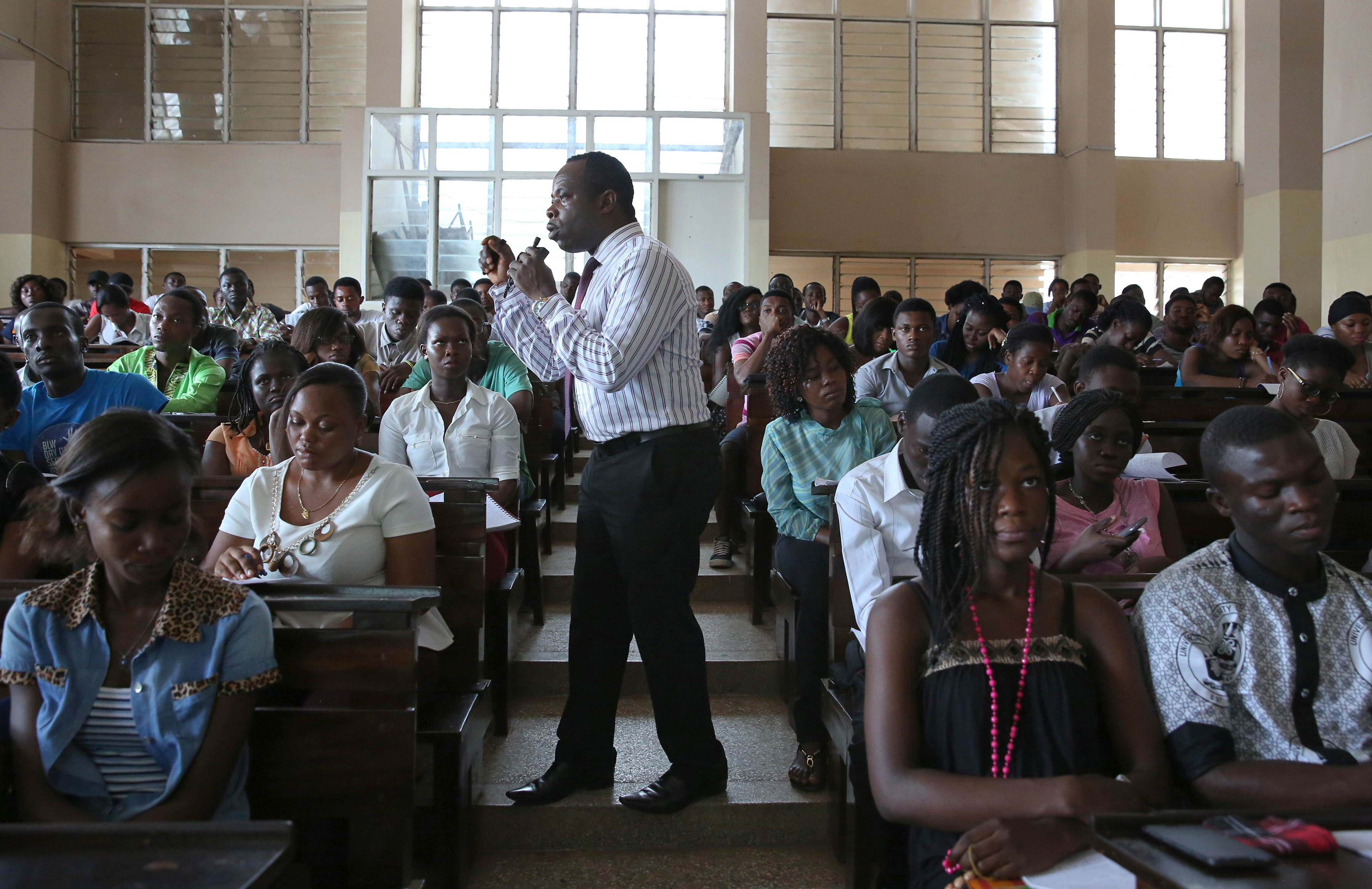Masculinity, like society itself, is constantly in flux. But in situations of social and political change, men are often said to be capable of navigating these changes. Less commented on, argue Benjamin Kirby and Adriaan van Klinken in their research on Zambia and Tanzania, is the way religion can allow a continuity of masculinity’s established practices, while remaining a key determinant of masculine performance.
This post is part of a series exploring the effects, presentation and evolution of masculinity in contemporary African society.
If one is to believe much of the academic literature and policy reports, masculinity appears to be always and everywhere in crisis. African masculinities, frequently the target of such claims, are often analysed in these terms. Dynamics are identified in relation to the end of apartheid in South Africa, the outbreak of the HIV epidemic, the challenge of poverty and socio-economic vulnerability, social change and its impact on kinship, family and marital relations, situations of violence and conflict, and so on.
These dynamics have the effect of putting masculinity in crisis because they threaten established notions of male identity, men’s position in gender relations and structures of masculinity in society.
If this oft-mentioned ‘crisis of masculinity’ is, in fact, a constant factor, the somewhat alarmist language of ‘crisis’ can be unhelpful. It is true that masculinity, like society more generally, is constantly in flux as a result of social, cultural, economic and political change. Yet it is also true that men, generally speaking, have shown themselves to be highly capable of navigating those changes, reconfiguring their identities and positions and carrying on with their lives and projects.
It is our contention that, for men and masculinities in contemporary Africa, religious practice is one of the key sites through which men navigate and negotiate these changes, often in ways that actually maintain a considerable level of continuity with masculinity’s established cultures. Let us illustrate this with two brief examples, derived from our respective research, Adriaan’s among Christian men in Zambia, and Ben among Muslim men in Tanzania.
In Zambia, which in the 1990s was officially declared a ‘Christian nation’ by born-again President Frederick Chiluba, Pentecostal Christianity dominates much of the public discourse and political imagination. The rising levels of HIV in the 1990s and early 2000s were seized on by several NGOs as an opportunity to ‘target men for change’, and to intervene in the politics of masculinity by promoting alternative notions of male sexuality and male identity that would protect men, women and children from the spread and impact of the epidemic. These notions, in typical NGO parlance, were framed in a modernising discourse of safe sex and gender equality.
Pentecostal churches, too, seized the epidemic as an opportunity to promote their own religious-moral ideal of masculinity. For instance, one major Pentecostal church in Lusaka in 2008 had a two-month sermon series about ‘Fatherhood in the 21st Century’; this church, like many others, also reinvigorated its men’s ministry. Much of this emerging Pentecostal discourse about masculinity adopted a language somewhat similar to these NGO campaigns, centring male identity on the notion of ‘responsibility’ and applying this to the spheres of sexuality, relationships, marriage and family life.
The narrative framework of born-again conversion allowed men in these churches to reconstruct their autobiography from a past life as a ‘bad boy’ – drinking, using drugs and being highly sexually active – to a new life as a responsible, mature, God-fearing man. One could argue that conversion, in this contemporary urbanised setting, functioned like a rite of passage, somewhat similar to traditional male initiation rites. Moreover, the notion of responsibility was also applied to men’s social and political roles, meaning that, in spite of a discursive recognition of ‘male-female equality for God’, men were still imagined to be the primary leaders in society, in line with established patriarchal political structures.
In the city of Dar es Salaam, Tanzania, masculinity has been weaponised by political leaders and ordinary residents alike as part of efforts to undermine the credibility of those who support anti-government movements and opposition parties. Ordinary political discourse features a number of stereotyped ‘personas’, which become targets of popular political criticism or praise. The most prominent of these is what can be called the ‘idle complainer’, directed at men who complain about the failure of successive governments to resolve their economic precarity, and particularly those who are outside of formal employment.
For Muslim men in the market district of Kariakoo, some of whom are vocal opponents of the government, performances of Muslim masculinity acquire a certain political vitality, specifically because they allow men to reposition themselves in relation to this weaponised discourse of disreputable masculinity. By foregrounding the ‘Muslim-ness’ of their masculine performances and their political claims, men from diverse economic circumstances are able to dispose themselves towards an embedded model of ‘respectable masculinity’, one rooted in a longstanding mode of Indian Ocean citizenship.
This problematises any attempt to dismiss the political critiques of Muslim men through the use of the morally-charged language of ‘laziness’, not only because it would amount to a challenge against the terms of ‘respectability’ that define a good Muslim man, but also since it could run the risk of being seen as an attempt to discredit Muslims more broadly. In short, performances of Muslim masculinity in Dar es Salaam have acquired a renewed plausibility because they allow men to openly contest conditions of economic precarity without jeopardising their respectability.
In the (re)construction of male identity in situations of social and political change, religion can be a key site for masculinity’s performance. While perhaps not ‘in crisis’, Christianity and Islam can afford masculinity and men a new plausibility amidst challenging material conditions.
Please see here for more information about Adriaan van Klinken and Benjamin Kirby’s work.
Photo: Facade with snoozing man in Bagamoyo, Tanzania by Adam Jones is licensed under CC BY-SA 2.0.





